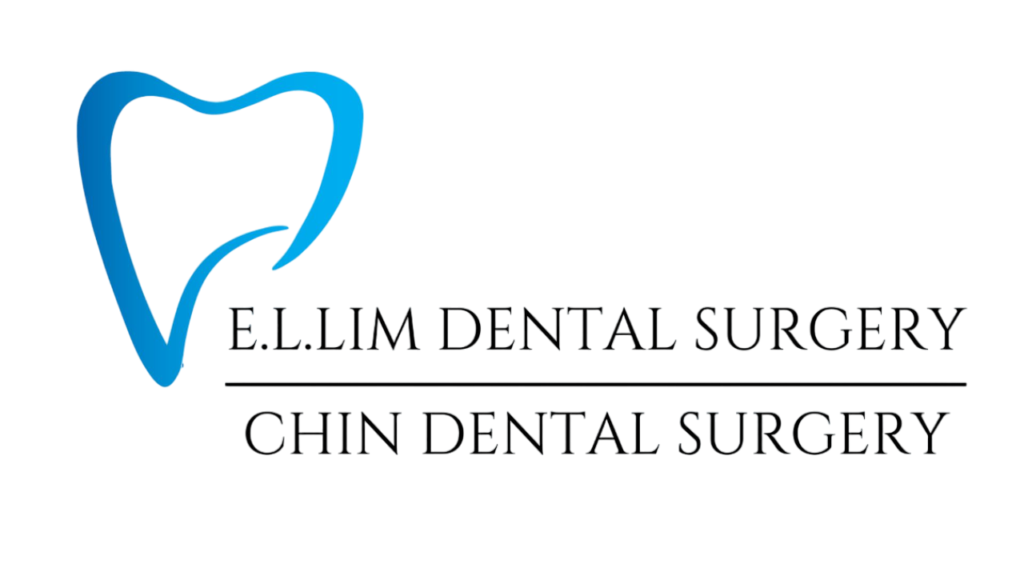Minor Oral Surgery in Penang
Minor Oral Surgery
At Chin Lim Dental, we understand that the thought of oral surgery can be intimidating. However, minor oral surgeries are routine procedures that can significantly improve your dental health and overall well-being. Whether you need a simple extraction or a more complex procedure, our experienced team is here to provide the care and support you need every step of the way.
What Is Minor Oral Surgery?
Minor oral surgery refers to surgical procedures performed on the mouth, teeth, or gums that are typically less invasive and involve a shorter recovery time compared to major surgeries. These procedures are often necessary to treat various dental issues, relieve pain, or prepare your mouth for further dental work, such as implants or orthodontics.
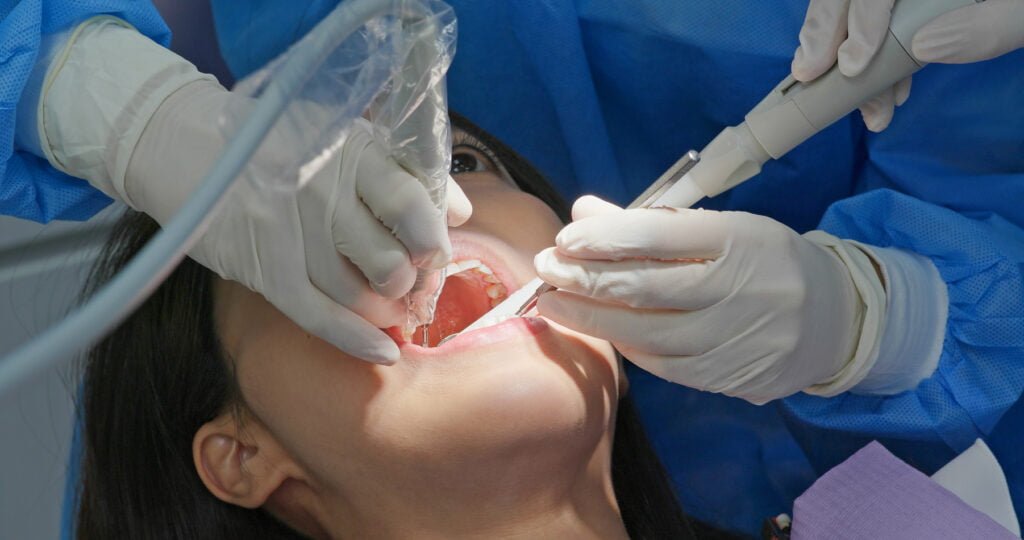
Minor Oral Surgeries We Offer
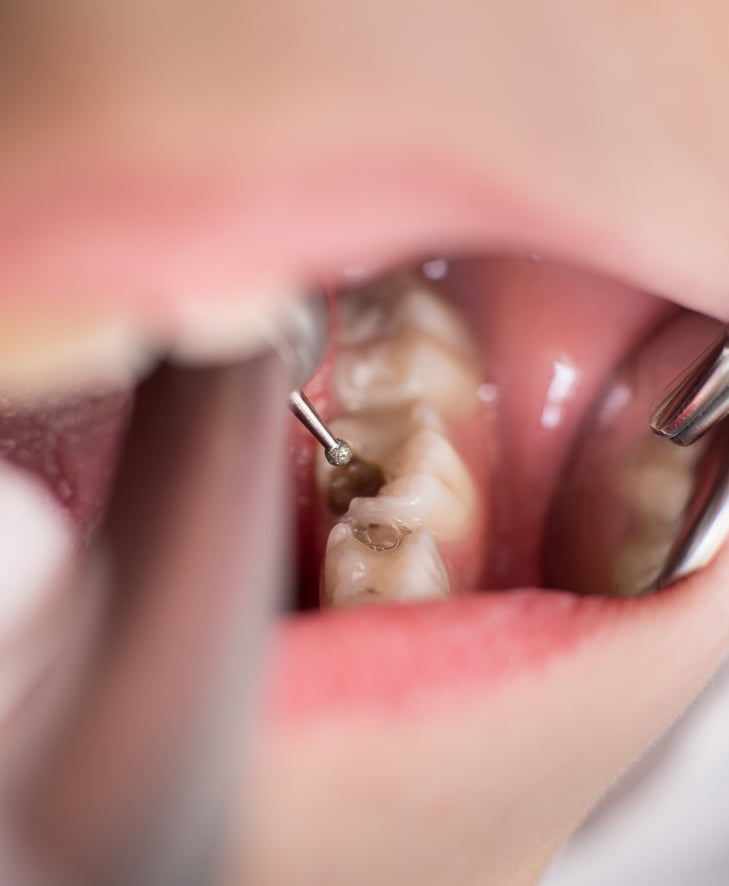
Tooth Extractions
Sometimes, a tooth is too damaged to be saved by a filling or crown, and extraction is the best option. Wisdom teeth removal is also a common procedure that falls under minor oral surgery.
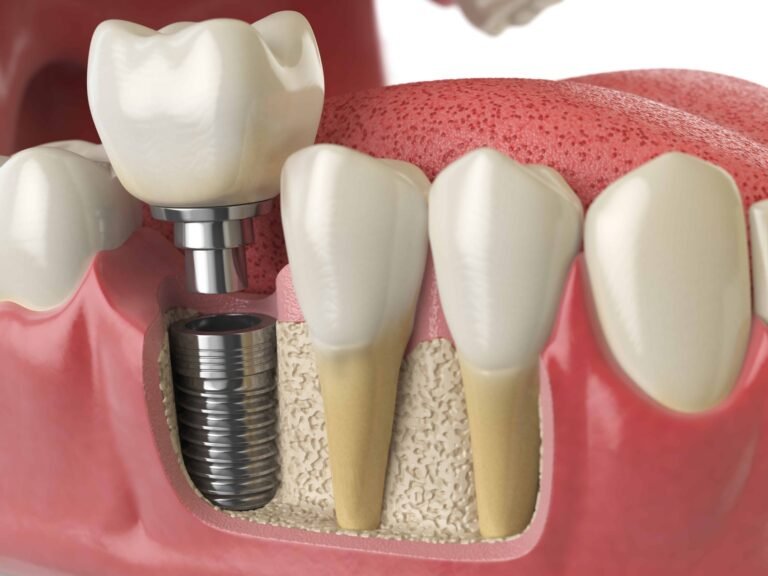
Dental Implants
For patients needing tooth replacement, dental implants offer a permanent solution. The minor surgery involves placing a titanium post into the jawbone to act as an artificial root for a new tooth.

Dental Grafting
When there is insufficient bone or gum tissue to support a dental implant or restore oral health, grafting procedures are used to rebuild the necessary structures.
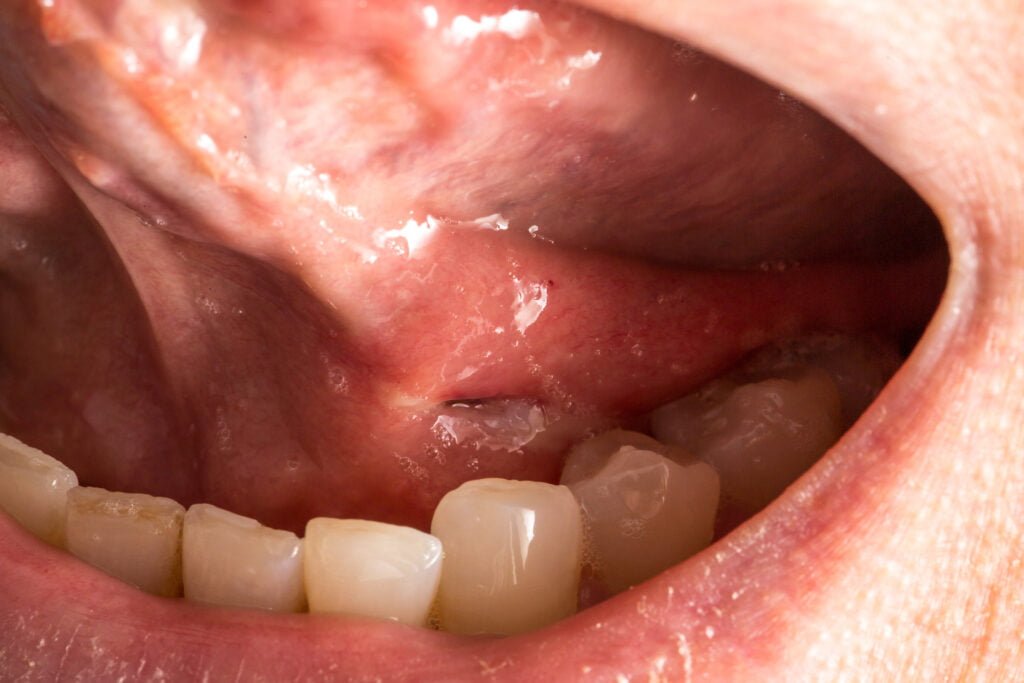
Abscess Drainage
If a tooth or gum infection leads to an abscess, it may need to be surgically drained to remove pus and alleviate pain, preventing further complications.

Frenectomy
A frenectomy is the removal or modification of the frenulum, like a tongue-tie or lip-tie. This procedure is often done to improve oral function or prepare for orthodontic treatments.

Cyst or Tumor Removal
If a cyst or benign tumor is detected in your mouth or jaw, surgical removal is essential to prevent it from causing further damage or discomfort.
Why Might You Need Minor Oral Surgery?
There are several reasons why your dentist might recommend minor oral surgery. These reasons can include:
Impacted Teeth: Wisdom teeth or other teeth that have not fully erupted may need to be surgically removed to prevent pain, infection, or damage to adjacent teeth.
Infection: If an infection is present that cannot be treated with antibiotics or root canal therapy, surgery may be required to remove the affected tissue or tooth.
Preparation for Dentures or Implants: Sometimes, the mouth needs to be prepared through surgery to ensure the best fit for dentures or the successful placement of implants.
Oral Health Concerns: Conditions such as gum disease, cysts, or tumors may require surgical intervention to prevent further complications.

The Minor Oral Surgery Appointment
Consultation
We will begin with a thorough consultation to discuss your symptoms, review medical history, and determine the best course of action for any dental issues.
Anesthesia
Most minor oral surgeries are performed under local anesthesia, so you’ll be awake but won’t feel pain in the area. Sedation options are available if you’re anxious about the procedure.
Procedure
The surgery itself is usually quick, often less than an hour, depending on the complexity. Our skilled oral surgeons use the latest techniques to ensure the best outcomes with minimal discomfort.
Post-Operative Care
After the procedure, you’ll receive detailed instructions on how to care for the surgical site, including pain management, diet, and follow-up appointments for proper healing.
The Excellence, Innovation, Trust!
Come with us for a gentle dental experience that’s straightforward, friendly, and focused on your well-being.
Our experienced team is dedicated to provide a safe and friendly experience. With our expertise and commitment to delivering exceptional results, you can trust us to help you achieve a healthy, beautiful smile that lasts a lifetime.
Expertise
Highly skilled dental team with a passion for excellence.
Latest Technology
State-of-the-art equipment ensuring precision and comfort.
Experience
With almost a decade of experience serving our communities.
Comfortable Environment
Modern and serene settings for a relaxed experience
What Our Patients Say
Minor Oral Surgery at Chin & Lim Dental Penang
If you’ve been told you need minor oral surgery, or if you’re experiencing dental pain or discomfort, don’t wait. Contact Chin Lim Dental today to schedule a consultation. Our team is here to help you achieve optimal oral health in a caring and compassionate environment.
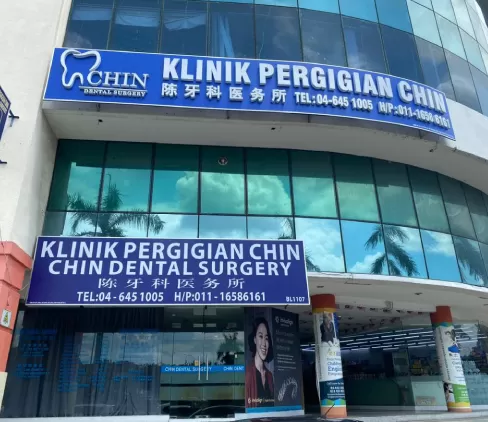
FAQ on Minor Oral Surgery
Minor oral surgery may be necessary for several reasons, including the removal of damaged or impacted teeth, treatment of oral infections, placement of dental implants, biopsy of suspicious tissues, or restoration of lost bone or gum tissue.
Minor oral surgery is generally performed under local anesthesia, which numbs the area and minimizes pain during the procedure. Some discomfort or soreness after the surgery is normal, but this can typically be managed with over-the-counter pain relievers and following your dentist’s post-operative care instructions.
The duration of minor oral surgery varies depending on the complexity of the procedure. Most minor surgeries can be completed in one visit, typically lasting between 30 minutes to an hour. Your dentist will provide a more accurate time estimate based on your specific case.
After minor oral surgery, you may experience some swelling, tenderness, and mild discomfort. Your dentist will provide detailed post-operative care instructions, including recommendations for pain management, dietary restrictions, and oral hygiene practices. Full recovery can take a few days to a couple of weeks, depending on the procedure.
While minor oral surgery is generally safe, there are some potential risks and complications, such as infection, bleeding, swelling, or delayed healing. Following your dentist’s care instructions and attending follow-up appointments can help minimize these risks.
Before your surgery, your dentist will provide specific preparation instructions, which may include fasting for a few hours if sedation is involved, arranging for transportation home after the procedure, and discussing any medications you are currently taking. It’s important to follow these instructions carefully to ensure a smooth procedure.
Your dentist will give you specific dietary guidelines to follow after your surgery. Generally, it is recommended to stick to soft foods and avoid hot, spicy, or crunchy items for the first few days. Drinking plenty of fluids and avoiding the use of straws can also aid in the healing process.
Signs of proper healing include a gradual reduction in swelling and discomfort, as well as the absence of excessive bleeding or pus. If you experience severe pain, increased swelling, fever, or any other concerning symptoms, contact your dentist immediately.
Yes, follow-up appointments are important to monitor your healing progress and address any concerns. Your dentist will schedule a follow-up visit to ensure the surgical site is healing properly and to remove any stitches if necessary.
